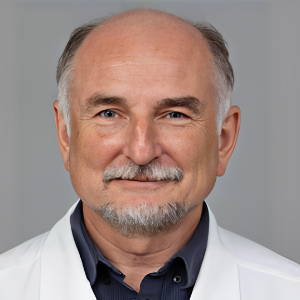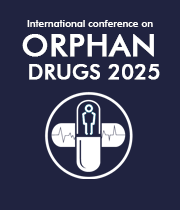Drug Discovery and Developments
Pharmaceuticals used for the diagnosis, prevention, and treatment of rare diseases are known as orphan drugs. Rare diseases differ from common diseases in that they have a low prevalence rate and so appeal to a small patient population. These medications are being developed to treat people with extremely rare disorders for which there is now no therapy option. Pharmaceutical inventors are often discouraged from developing treatments for extremely limited patient groups due to the increasing expense of medication research in tandem with rigorous regulations, as well as the low return on investment. Orphan diseases are rare diseases that affect small patient groups and are consequently "orphaned" by the pharmaceutical industry, with only a few authorized pharmacological therapy choices available. Incentives for orphan drugs have sparked research into diseases with a high unmet medical need.
- Clinical Insight
- Drug Clinical Status
- Global Market Opportunity
- Orphan Clinical Pipeline
- Drug Class & Formulation

Sergey Suchkov
The Russian University of Medicine & Russian Academy of Natural Sciences, Russian Federation
Vladlen Slepak
University of Miami, United States
Harsha Rajasimha
Jeeva Clinical Trials, Inc, United States
Vladlen Slepak
University of Miami, United States
Harsha Rajasimha
Jeeva Clinical Trials, Inc, United States
Sergey Suchkov
The Russian University of Medicine & Russian Academy of Natural Sciences, Russian Federation


Title : Emerging solutions for inclusive orphan drug clinical trials management
Harsha Rajasimha, Jeeva Clinical Trials, Inc, United States
Title : Ectopically expressed olfactory receptors as an untapped family of drug targets. Discovery of agonists and antagonists of OR51E1, an understudied G protein-coupled receptor
Vladlen Slepak, University of Miami, United States
Title : Personalized and Precision Medicine (PPM) as a unique healthcare model to secure the human healthcare and biosafety among childhood
Sergey Suchkov, The Russian University of Medicine & Russian Academy of Natural Sciences, Russian Federation
Title : Orphan and rare disease emerging as a global public health priority through the view of personalized and precision medicine: How to use the latter to revolutionize pediatric services
Sergey Suchkov, The Russian University of Medicine & Russian Academy of Natural Sciences, Russian Federation
Title : Personalized and Precision Medicine (PPM) though the view of reproductive healthcare, pediatric services and natural family planning: an option for clinicians and caregivers realize the potential of genomics-informed care to secure the individualized human biosafety
Sergey Suchkov, The Russian University of Medicine & Russian Academy of Natural Sciences, Russian Federation
Title : Democratizing ASO drug discovery at La Jolla Labs
Melissa Keenan, La Jolla Labs, United States